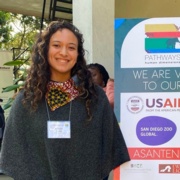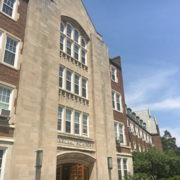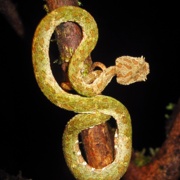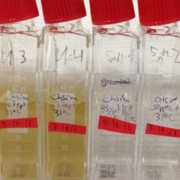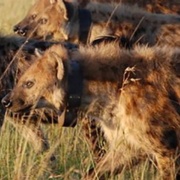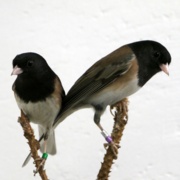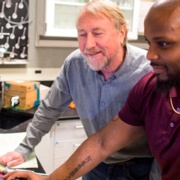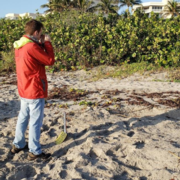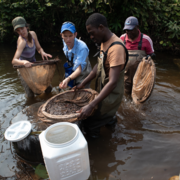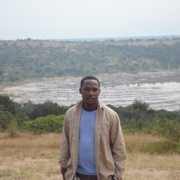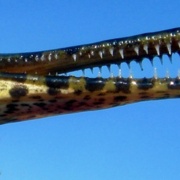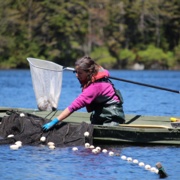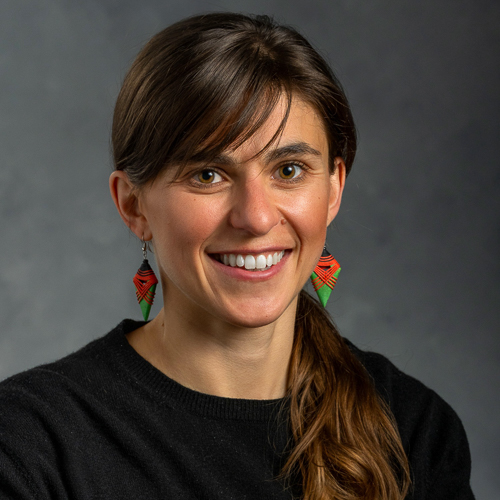News
March 22, 2021
Richard Lenski, founder of the E. coli Long-Term Evolution Project, has been chosen as the recipient of the Society for the Study of Evolution's Evolution Lifetime Achievement Award in recognition of his remarkable research, outstanding mentorship, and noteworthy service to the evolution community.
October 7, 2020
Zoology major, Aalayna Green, reflects on presenting her research at the Pathways Africa Conference in Kenya in early 2020. Her research is at the intersection of women’s empowerment and conservation criminology.
June 5, 2020
Standing with the MSU Black Community. Open letter to the Department.
February 13, 2020
A study led by Elise Zipkin, featured on the cover of Science magazine, should sound alarm bells regarding the “biodiversity crisis” or the loss of wildlife around the world.
November 11, 2019
In a recent study, María Aranguren-Gassis and a team led by Elena Litchman questioned this widely held belief that evolution will rescue phytoplankton species from changes in climate.
October 28, 2019
Kay Holekamp, one of the world's leading behavioral ecologists, has been awarded the 2019 Distinguished Animal Behaviorist Award from the Animal Behavior Society, in recognition of her outstanding career in animal behavior.
October 25, 2019
Birds use odor to identify other birds. Danielle Whittakers and her colleagues have shown that if the bacteria that produce the odor is altered, it could negatively impact a bird’s ability to communicate with other birds or find a mate.
October 10, 2019
Richard Lenski has been awarded the 2020 D.C. White Award by the American Society for Microbiology, the world’s oldest and largest life science organization, in recognition and honor of his distinguished accomplishments, not only in interdisciplinary research but in mentoring.
October 2, 2019
Zoology major, Joshua Simmonds, recounts his experiences as an intern at the Loggerhead Marinelife Center.
September 30, 2019
The electric pulses emitted by electric fish can be quite variable in their duration: and as it turns out the reason can be quite “shocking.” Jason Gallant has received a three-year, $680,000 National Science Foundation grant to continue work on a discovery that this variation may be due to unusual changes in a common protein called a potassium channel.
September 19, 2019
Fred Dyer was a co-author on a new paper published in The American Naturalist that explores how computers could begin to evolve learning in the same way as natural organisms did – with implications for many fields, including artificial intelligence.
September 11, 2019
Samuel Ayebare, a Ph.D. student in Integrative Biology and the Ecology, Evolutionary Biology and Behavior (EEBB) program, is the first MSU student to receive a prestigious Beinecke African Conservation Scholarship from the Wildlife Conservation Society.
July 29, 2019
By studying how fish regenerate fins, Ingo Braasch’s team pinpointed the genes and the mechanisms responsible that drive the regrowth.
July 29, 2019
Allison Sussman and Elise Zipkin show that conservation and construction decisions should rely on multiple approaches to determine waterbird “hotspots,” not just on one analysis method as is often done.
May 31, 2019
Mariah Meek received a two-year, $633,000 grant from the Delta Stewardship Council and the U.S. Bureau of Reclamation to study Chinook salmon in the California Central Valley using an improved genomics tool to characterize life history diversity and promote resilience.

